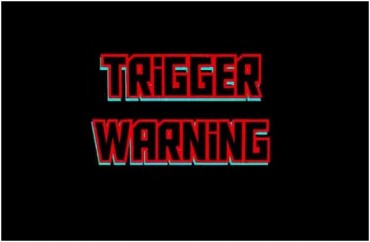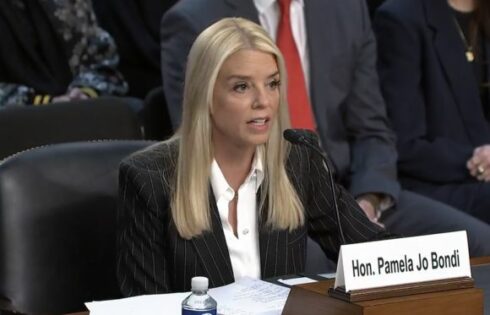
The National Coalition Against Censorship has an interesting new survey that might make professors on the hard left rethink their support for – or at least neutrality toward – trigger warnings.
It did an online survey this spring with the Modern Language Association and College Art Association, with more than 800 members of those groups talking about their experiences with trigger warnings.
While only 1 in 6 survey respondents viewed trigger warnings “favorably,” 23 percent said they had provided “warnings about course content” to students “several times” or “regularly.”
Forty-five percent think trigger warnings “will have a negative effect on classroom dynamics” and three in five say the same about academic freedom. There’s “widespread agreement” that it’s not the place of administrators or department heads to impose trigger warnings on faculty, with nontenured or contingent faculty particularly worried.
Despite fewer than one percent of faculty saying their institutions have formal trigger warnings, 7.5 percent said students had “initiated efforts” to require them; 15 percent said student had requested trigger warnings in their courses; and 12 percent said students had gone over their heads to complain about the absence of trigger warnings.
It’s not just coddled liberal students complaining either:
A respondent who teaches and holds an administrative post reports receiving “many complaints, some with parental involvement. These have mostly been religious objections.” Others note specific “religious objections to nude models in studio courses” and to “homoerotic content in art history.” Another explained that “the trigger warnings that I place in my general education Humanities course syllabus have to do with religious and moral content that might be offensive to persons who are zealous about their particular faith.” Yet another observed that “the Bible … is a topic that can offend both fundamentalists and those who are not comfortable with religion.” There was even a “Rastafarian student [who] was very offended at my comparison of Akhenaten’s Great Hymn to Psalm 104.”
What about those few professors who like trigger warnings?
A number express the view that “students appreciate the concern,” that “the very act of respecting the students helps them to become open-minded,” and that “when students know that you care about their well-being, they’re willing to risk more, and thus they learn more.” Others embrace warnings as “an acknowledgement and sensitivity to particular marginalities in the classroom.”
Read the NCAC report (also a PDF version).
Like The College Fix on Facebook / Follow us on Twitter
IMAGE: YouTube screenshot





Please join the conversation about our stories on Facebook, Twitter, Instagram, Reddit, MeWe, Rumble, Gab, Minds and Gettr.